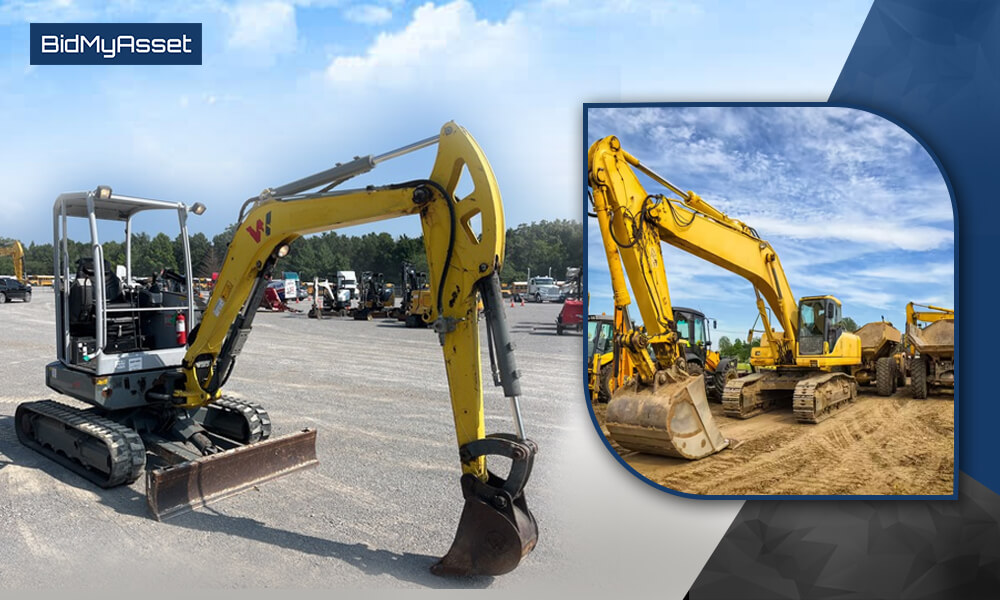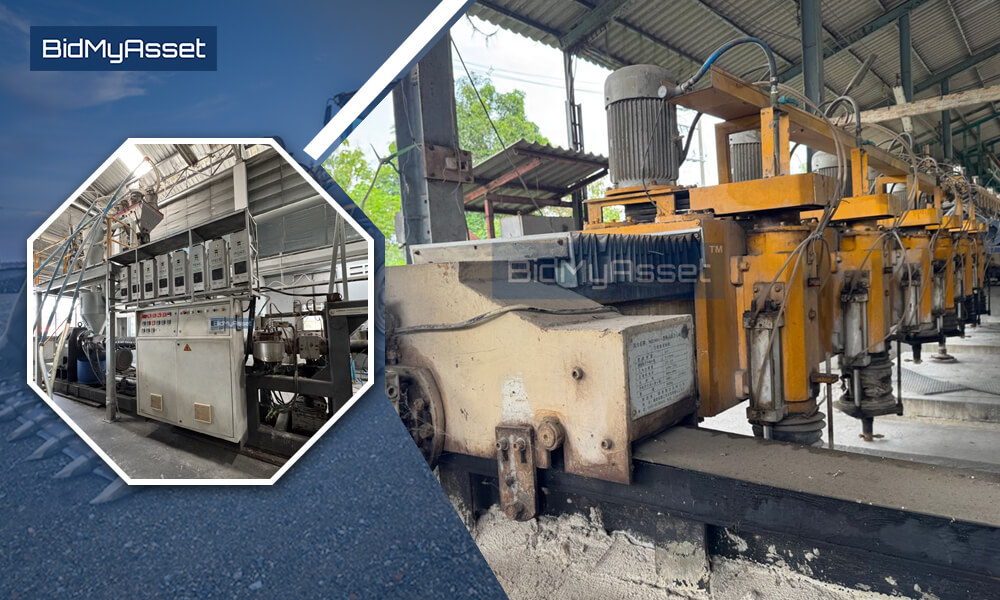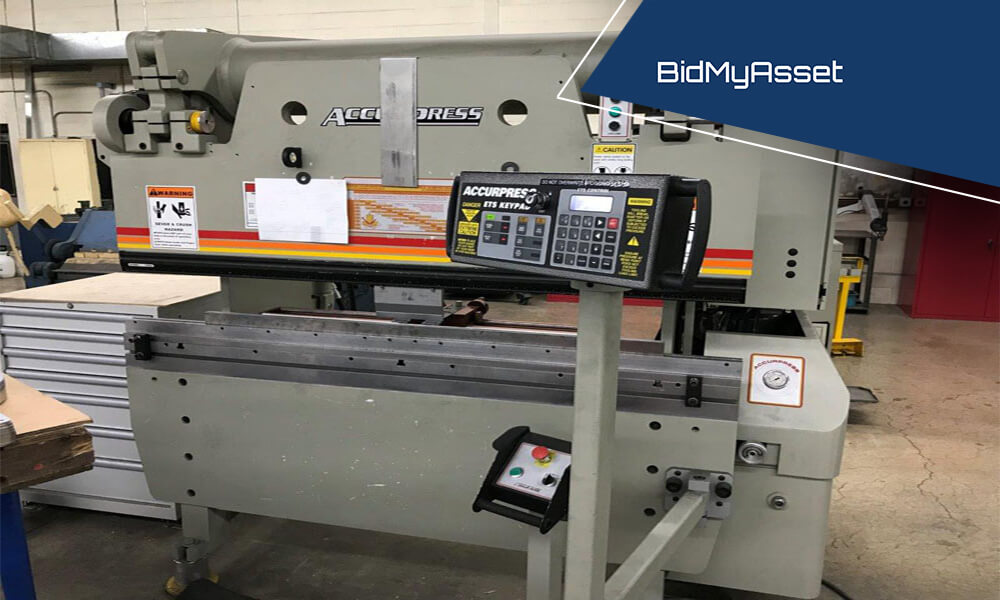Rolling mills, in any metalworking industry, play an important role in changing raw materials into finished products through compressive forces. Not all businesses require a brand-new rolling mill. Used rolling mills have gradually become in vogue nowadays, providing low-cost solutions without quality compromise. This blog explores the advantages, applications, and considerations of investing in a used rolling mill.
Rolling mills are tools used in many sectors of industry to work on shaping metal stock for molding into desired dimensional sizes using pressure. For example, rolling mills will be there in the areas involved with construction companies and automotive-related industries too.
Why To Choose the Used Rolling Mills?
You can save Money:
One of the key advantages of a used rolling mill is the cost factor. New equipment can be pricey, and second-hand can save a small to mid-sized business a lot of money.
Availability:
Used machine shop equipment is ready to go, as most are already manufactured, thereby avoiding long lead times typical in custom manufacturing.
Proven Performance:
When buying a used rolling mill, one gets a machine that has been tried and tested for reliability. Most equipment sellers refurbish the same before selling them off, hence getting a reliable product is not hard.
Applications of Used Rolling Mills
Manufacturing Metal Sheet
Used rolling mills play an important role in manufacturing the metal sheets that will later be used to construct houses, appliances, and auto parts.
Making Jewelry
Small rolling mills are best suited for those artisans and jewelers who require precision in shaping precious metals.
Metal Recycling
Used rolling mills can be helpful for recycling industries to process scrap metal efficiently.
Advantages of Sustainability with Used Rolling Mills
Choosing a used rolling mill is a sustainable practice as it reduces manufacturing waste and increases the life of industrial machinery.
Things to consider when purchasing a used rolling mill:
Equipment Condition:
Look at the condition of the machine for signs of wear and tear. Rollers, bearings, and motors should be in proper working condition.
Maintenance History:
Obtain maintenance records of the equipment to understand how much use it has been given and serviced.
Compatibility:
A used rolling mill must satisfy the specific needs of production by size, capacity, and material compatibility.
Buying a used rolling mill is one of the smart decisions businesses make to strike a balance between cost and efficiency.


